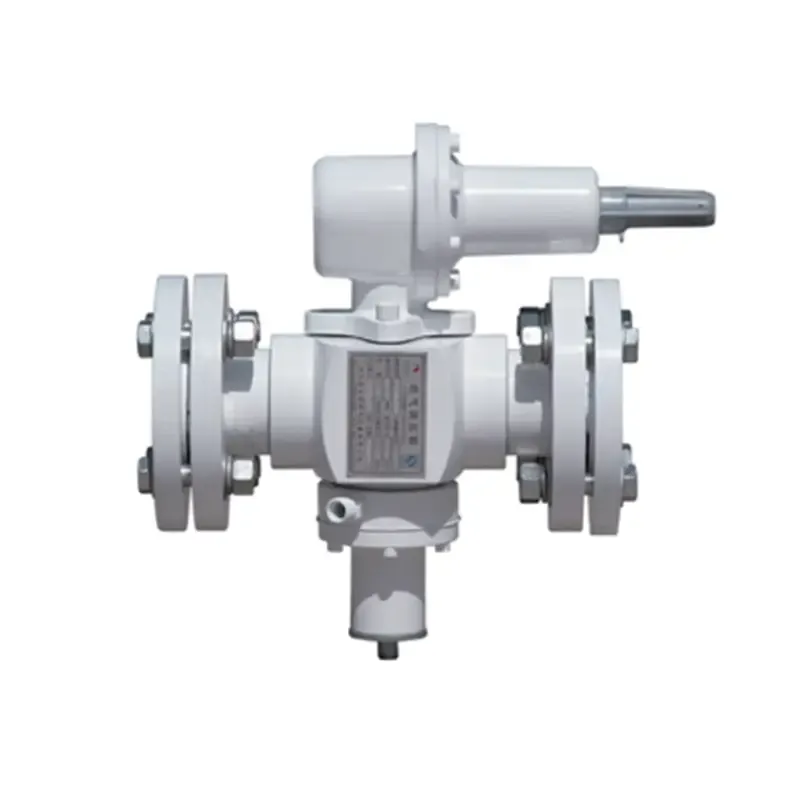
Dec . 04, 2024 12:31
Back to list
cng
The Future of Clean Energy Compressed Natural Gas (CNG)
As the world grapples with the pressing issue of climate change, the search for clean and sustainable energy sources has never been more critical. Among various alternatives, Compressed Natural Gas (CNG) has emerged as a viable option. CNG, primarily consisting of methane, is a cleaner fuel compared to traditional fossil fuels like coal and oil. This article explores the benefits, challenges, and future prospects of CNG as a dominant player in the clean energy landscape.
One of the significant advantages of CNG is its lower environmental impact. When burned, CNG emits significantly fewer greenhouse gases and pollutants compared to diesel and gasoline. According to the U.S. Environmental Protection Agency (EPA), CNG produces about 30% less carbon dioxide (CO2), 60% less nitrogen oxides (NOx), and virtually no particulate matter. This characteristic positions CNG as a crucial player in the quest for cleaner transport options, particularly in urban areas plagued by air quality issues.
.
CNG's application in various sectors further underlines its versatility. The transportation industry has seen substantial interest in CNG-powered vehicles. These vehicles can be found not only in public transport, such as buses and taxis, but also in freight and logistics operations. For example, FedEx and UPS have increasingly adopted CNG trucks for their deliveries, showcasing that sustainable practices can align with business operations.
cng

However, despite its advantages, the adoption of CNG faces challenges. One significant hurdle is the infrastructure required to support CNG vehicles. Although CNG stations are growing, they still lag behind the extensive network of gasoline stations. Investment in infrastructure is critical to make CNG more accessible to consumers. This lack of availability can deter potential users who opt for more commonly available fuel options.
Moreover, the extraction and transportation of natural gas come with their environmental concerns. Methane, the primary component of CNG, is a potent greenhouse gas with a global warming potential much higher than CO2. The focus must be on minimizing methane leaks throughout the supply chain, from extraction to distribution. Regulations and technological advancements must ensure that the environmental benefits of CNG outweigh the potential harms associated with its lifecycle.
Looking ahead, the future of CNG appears promising. As technological advancements improve the efficiency of extraction and processing, CNG may become even more environmentally friendly. Innovations like biogas (derived from organic materials) offer a sustainable way to produce methane for CNG, further reducing reliance on fossil gas. As public awareness of climate issues grows, so does the demand for cleaner alternatives, pushing industries and governments to invest in CNG technology and infrastructure.
In conclusion, Compressed Natural Gas represents a significant step toward a cleaner energy future. With its lower emissions compared to conventional fossil fuels and the potential for domestic energy independence, CNG holds the promise of a sustainable energy source. Addressing the existing infrastructure and environmental concerns will be crucial in harnessing its full potential. As we shift toward more sustainable energy practices, CNG stands out as a critical element of the broader solution to combat climate change and improve air quality for future generations.
Latest news
-
Safety Valve Spring-Loaded Design Overpressure ProtectionNewsJul.25,2025
-
Precision Voltage Regulator AC5 Accuracy Grade PerformanceNewsJul.25,2025
-
Natural Gas Pressure Regulating Skid Industrial Pipeline ApplicationsNewsJul.25,2025
-
Natural Gas Filter Stainless Steel Mesh Element DesignNewsJul.25,2025
-
Gas Pressure Regulator Valve Direct-Acting Spring-Loaded DesignNewsJul.25,2025
-
Decompression Equipment Multi-Stage Heat Exchange System DesignNewsJul.25,2025

